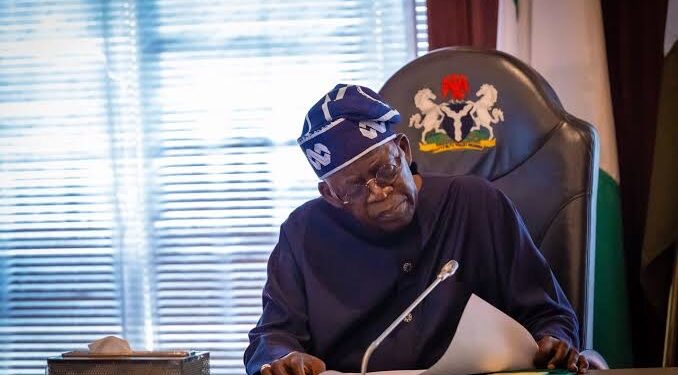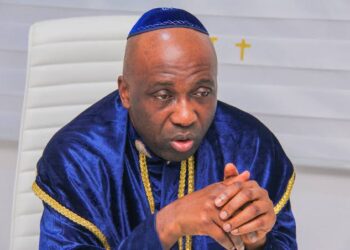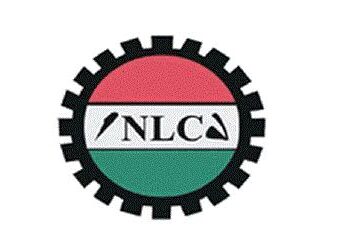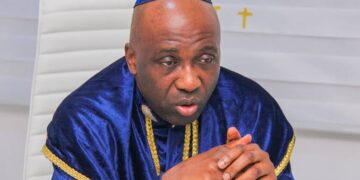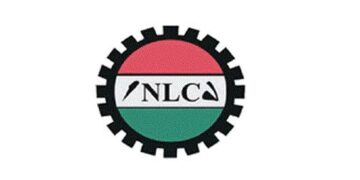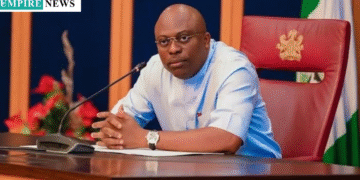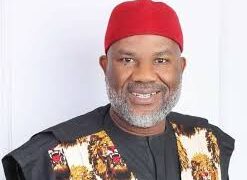The highly anticipated national minimum wage announcement is scheduled for today, Thursday, as President Bola Ahmed Tinubu convenes with organized labor at the Presidential Villa.
This meeting, a continuation of last week’s deliberations, will mark the finalization of negotiations between the President and labor leaders regarding the new minimum wage.
While the Federal Government has put forward N62,000, labor is steadfast at N250,000, citing the current economic circumstances.
During the previous week, both parties expressed their perspectives, with President Tinubu urging labor to take into account the available resources. He also proposed a revision of the minimum wage every two or three years, rather than the existing five-year cycle, in order to mitigate controversies.
The Minister of State for Labor and Employment, Nkeiruka Onyejiocha, characterized the prior meeting as “fruitful” and a “family discussion.”
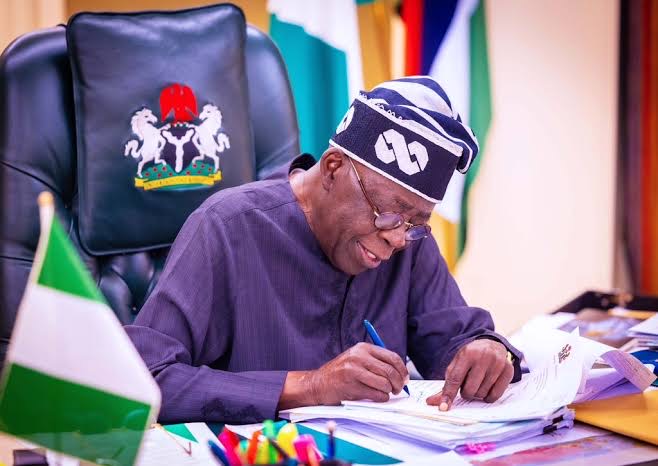
NLC President Joe Ajaero affirmed that all stakeholders openly discussed the new wage policy, without delving into specific figures.
In the meantime, President Tinubu has urged the Senate to modify the Appropriation Act, of 2024, to augment capital expenditure by N3.2 trillion and recurrent expenditure by N3 trillion. On Wednesday, Tinubu, through a letter addressed to the Senate President, Senator Godswill Akpabio, requested the Senate to amend the 2024 Appropriation Act and the 2023 Finance Act by increasing the budget by N6.2 trillion.
The letter states: “I am submitting the aforementioned bills for your consideration and approval by the Senate.
“The Appropriation Act Amendment Bill 2024 aims to revise the principal act to allocate the sum of N3.2 trillion for the Renewed Hope infrastructure projects and other vital infrastructure initiatives to be carried out nationwide.
“And the sum of N3 trillion to fulfill additional recurrent expenditure requirements, essential for the effective operation of the Federal Government’s expenditure, to be financed by anticipated revenue accruing to the Federal Government of Nigeria.”
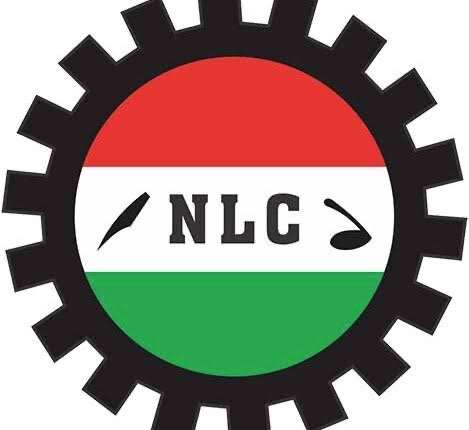
President Tinubu’s proactive approach to addressing the national minimum wage issue has garnered attention and sparked discussions across various sectors. As the deliberations unfold, it is evident that finding a balance between the government’s proposed figure of N62,000 and labor’s demand for N250,000 is crucial for ensuring fair compensation and economic stability.
The proposed revision of the minimum wage every two or three years, as suggested by President Tinubu, reflects a forward-thinking strategy aimed at adapting to changing economic conditions and minimizing disputes in the future. This approach could provide a framework for regular reviews and adjustments that align with the country’s financial capabilities.
The recent call for the Senate to amend the Appropriation Act, of 2024, and increase both capital and recurrent expenditures signifies a broader commitment to enhancing infrastructure development and government operations. By allocating additional funds for vital infrastructure projects and recurrent expenses, the government aims to bolster economic growth and efficiency in public service delivery.
The ongoing dialogue between the government and labor underscores the importance of collaboration and transparency in shaping policies that impact the workforce and the nation as a whole. As stakeholders continue to engage in constructive negotiations, the outcome of these discussions will not only determine the minimum wage but also set a precedent for future wage agreements and budget allocations.


